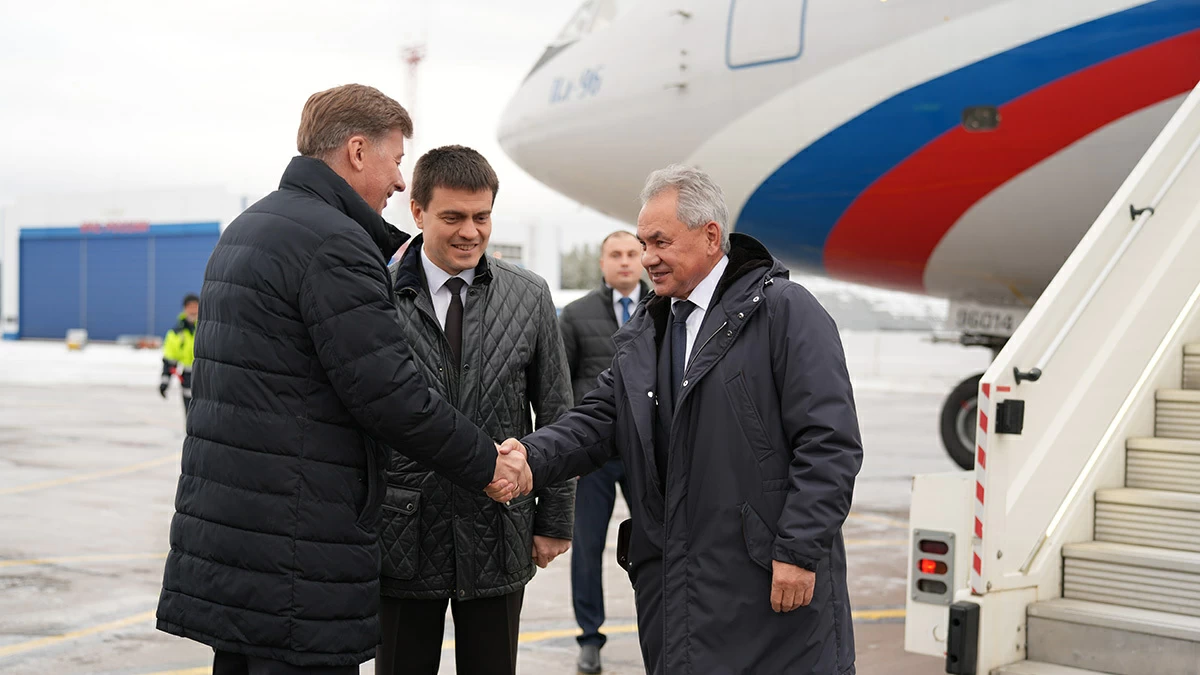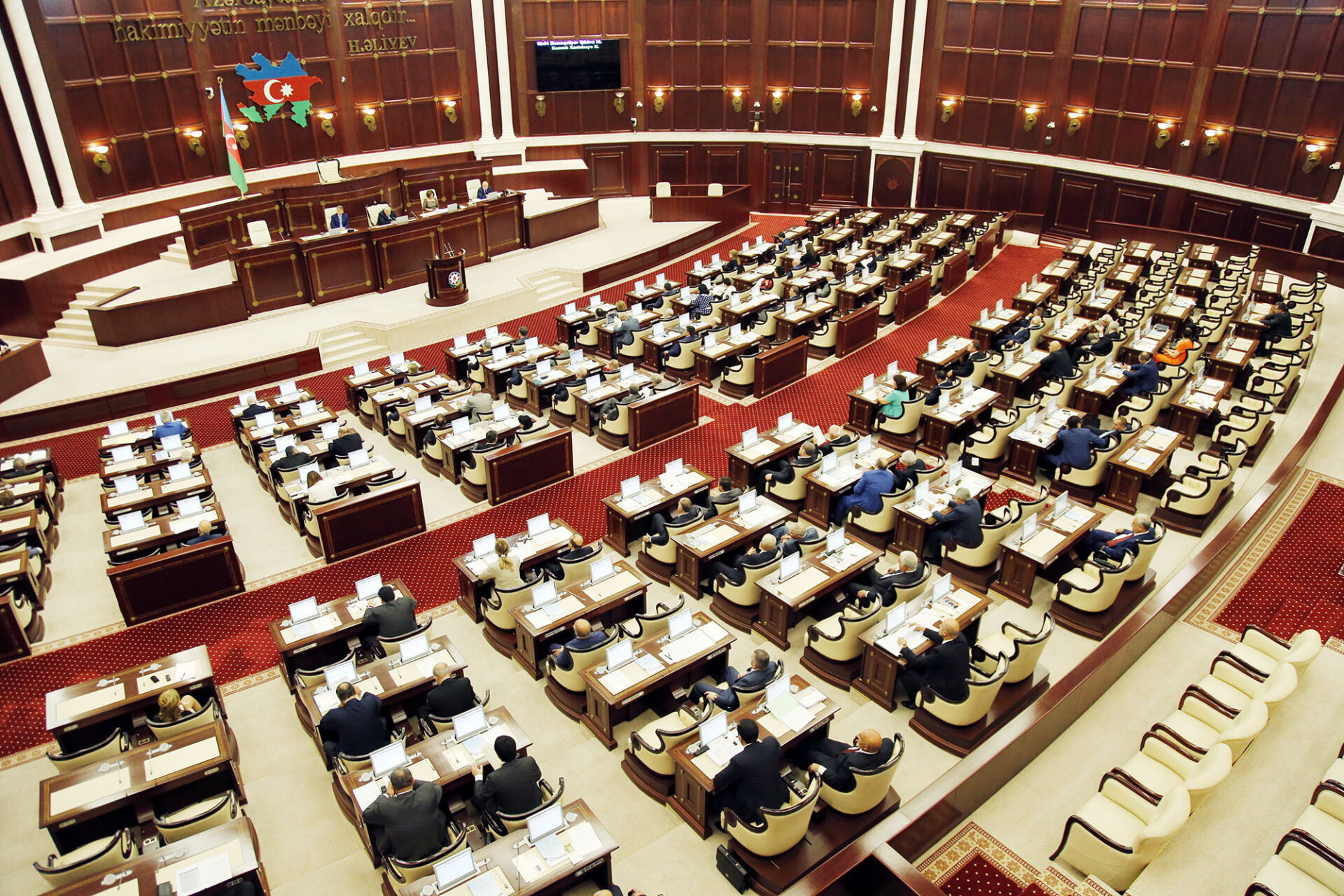UZBEK PRESIDENT IN RAPPROCHEMENT WITH TURKMENISTAN AND THE TALIBAN.
UZBEK PRESIDENT IN RAPPROCHEMENT WITH TURKMENISTAN AND THE TALIBAN.
Uzbek President Islam Karimov has announced a reorientation of his country’s policy toward Afghanistan, virtually accepting the fact of Taliban control and, in effect, abandoning the opposition “northern alliance.” He made his decision public while meeting with Turkmen President Saparmurat Niazov on September 21-22 in Ashgabat. Turkmenistan has long offered its neighbors an example of pragmatic accommodation with the Taliban. Short of extending diplomatic recognition to the Taliban authorities, Turkmenistan has sought to mediate between them and the opposition. Ashgabat hopes–as do the Talibs and their protector Pakistan–that a pacified Afghanistan would become a transit route for Turkmen gas and oil to the vast markets of the Indian subcontinent. The Taliban authorities as well as Pakistan have evidenced a keen interest in those plans, the implementation of which presupposes an end both to the war and to international ostracism of the Taliban.
Karimov’s announcement coincides with the Talibs’ latest military advances in northeastern Afghanistan against the opposition forces, which mainly consist of Afghan Tajiks supported by Moscow, Dushanbe and Tehran. Those forces now control no more than 5 percent of Afghanistan’s total area. Karimov’s decision had been gestating for some months, during which he met with Pakistani leaders, discussed transit projects, and apparently revised his long-held view of the Taliban as a threat to Central Asia.
During his visit to Ashgabat, Karimov offered to join Turkmenistan and Pakistan in the construction of electricity transmission lines, pipelines, and overland transport routes across Afghanistan, once peace is fully restored in that country. For the first time in public, Karimov laid the blame on the “northern alliance” for the senseless continuation of hostilities. He scathingly portrayed Burhanuddin Rabbani, the runaway Afghan president, as both unwilling and incapable to negotiate for peace with the Taliban. Karimov, moreover, made clear that he detects an incipient softening in other countries’ attitudes toward the Taliban.
The Uzbek president has recently evidenced a growing sense of urgency about ending his country’s dependence on Russian transit routes. In Ashgabat, he described Turkmenistan as a vital link between Uzbekistan and the outside world in three directions. To the southeast, Turkmenistan can connect Uzbekistan with Pakistan via Afghanistan. To the southwest, Karimov said, Turkmenistan provides a link to Iran and the Persian Gulf. And most importantly to the west, Karimov concluded, Turkmenistan can open access for Uzbekistan to the Caspian Sea, Azerbaijan, and further west across Georgia, the Black Sea, Bulgaria and Romania–the shortest route between Uzbekistan and Europe. From Tashkent and Karimov’s perspective, “Turkmenistan plays a great geographical and geopolitical role in solving these issues” (Turkmen Television, Uzbek Television, September 21-22; Vremya novostei, Itar-Tass, September 25; see the Monitor, May 4, 10, 19).
The Monitor is a publication of the Jamestown Foundation. It is researched and written under the direction of senior analysts Jonas Bernstein, Vladimir Socor, Stephen Foye, and analysts Ilya Malyakin, Oleg Varfolomeyev and Ilias Bogatyrev. If you have any questions regarding the content of the Monitor, please contact the foundation. If you would like information on subscribing to the Monitor, or have any comments, suggestions or questions, please contact us by e-mail at pubs@jamestown.org, by fax at 301-562-8021, or by postal mail at The Jamestown Foundation, 4516 43rd Street NW, Washington DC 20016. Unauthorized reproduction or redistribution of the Monitor is strictly prohibited by law. Copyright (c) 1983-2002 The Jamestown Foundation Site Maintenance by Johnny Flash Productions


